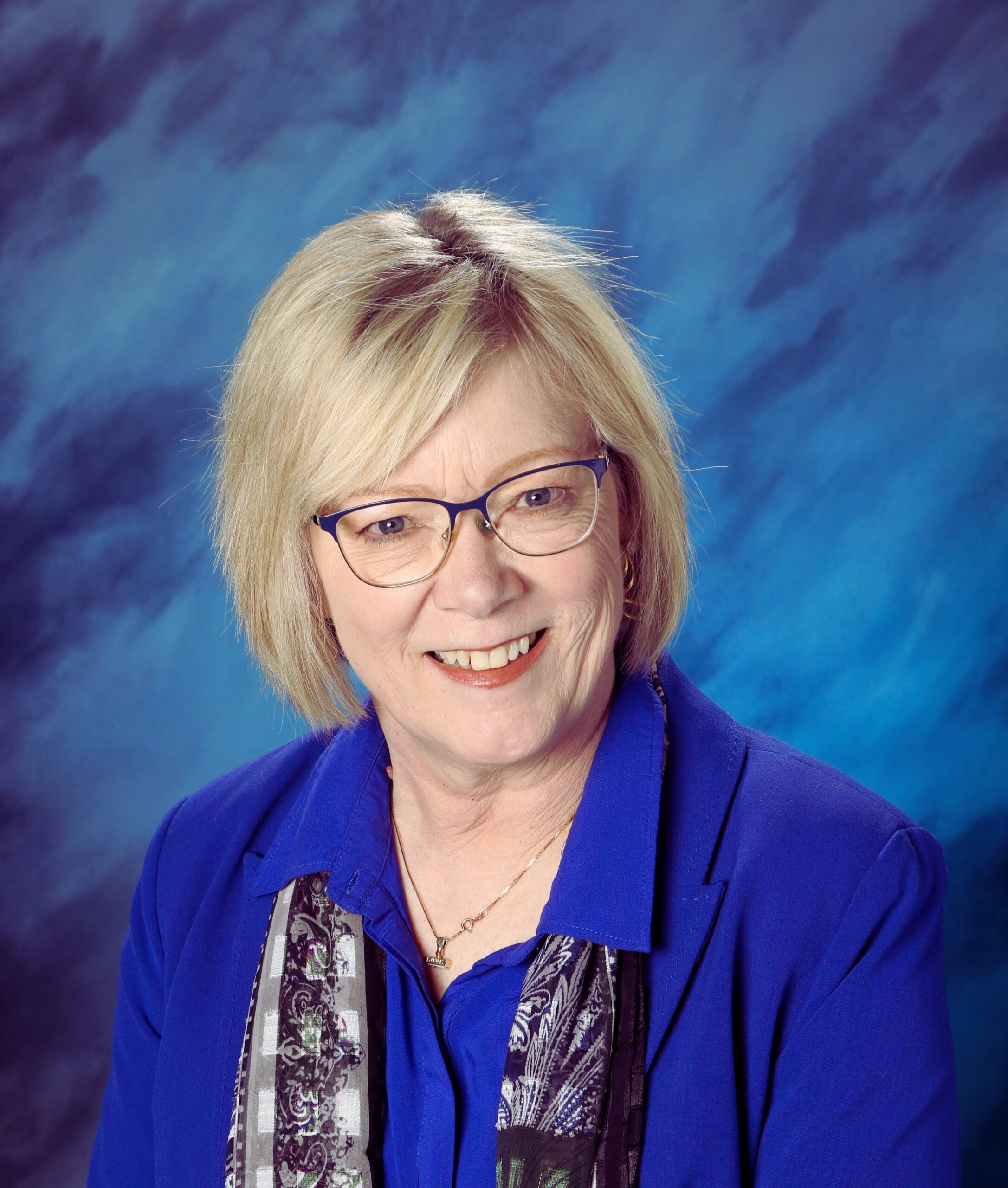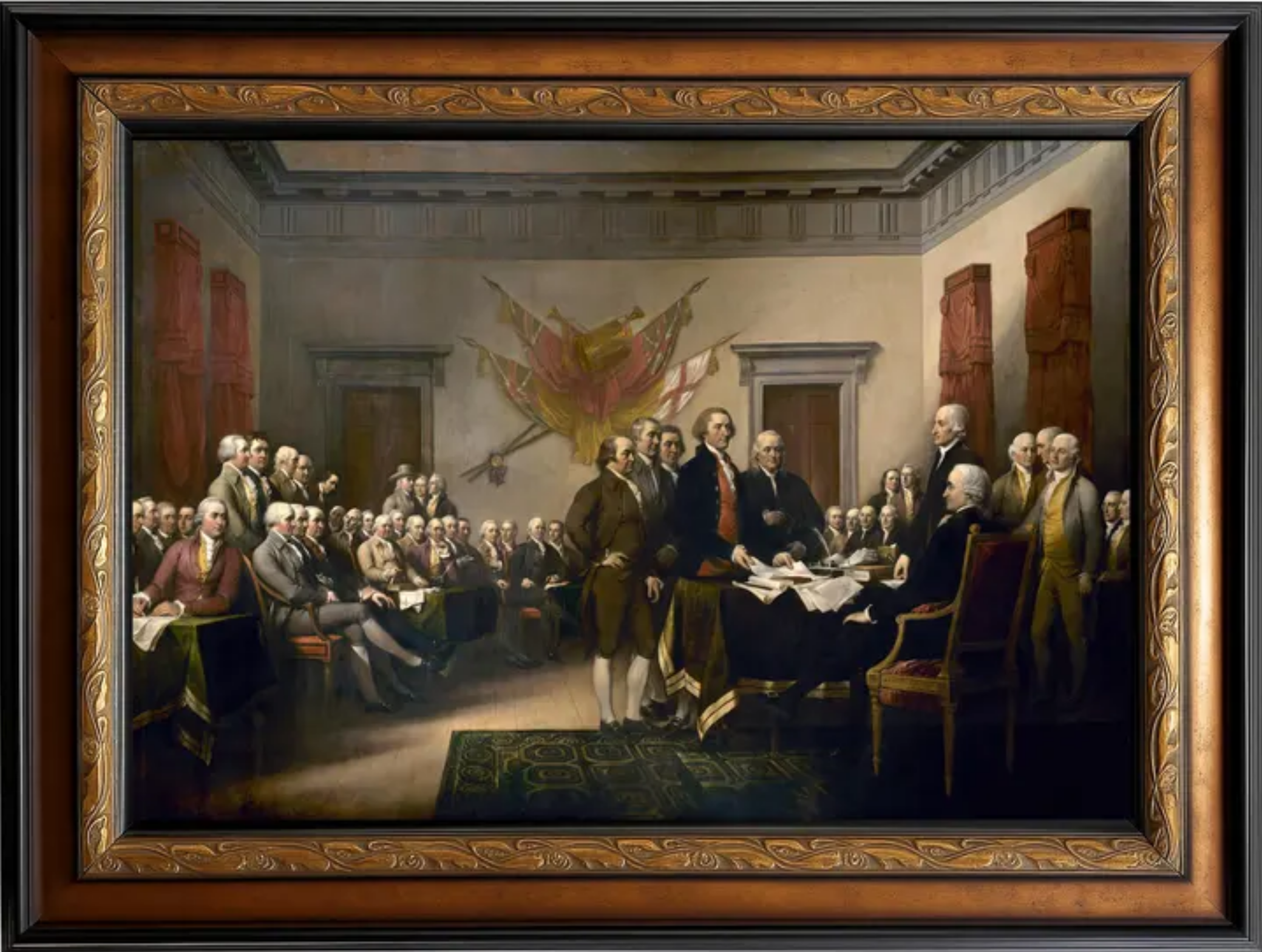Guest Opinion by Michelle Lippert of Post Falls
“Protecting children” has become the overwhelming mantra in this year’s library trustee race. While protection is important, I’d like to shift the focus to what truly matters: raising children.
As a parent, I believe the ultimate goal shared by most of us is to raise mature, responsible young adults—capable of making autonomous choices, engaging with their communities, and contributing meaningfully to society. Our two sons, now in their early thirties, embody these qualities, and I’m proud of the people they’ve become.
But children don’t magically become responsible adults the day they turn 18. It’s a process—one that is led by parents and supported by the broader community.
House Bill 710 (the library bill) lumps everyone under 18 into a single category: minors. But any parent knows a three-year-old and a thirteen-year-old are vastly different. When our three-year-old granddaughter visits, we keep her within the safety of our fenced backyard. Her thirteen-year-old brother, on the other hand, has earned the freedom to ride his electric scooter to the nearby elementary school or head to the skate park—so long as he tells us where he’s going. This freedom didn’t appear overnight. It grew, step by step, as he demonstrated he could handle it. Soon, he’ll be learning to drive, and that autonomy will expand again.
So what does this have to do with library books?
When our children were little, we chose their books. As they matured, they began selecting their own—one drawn to science fiction, the other to World War II history. They grew from Curious George and The Cat in the Hat to more complex works like The Scarlet Letter, which explores adultery and misogyny, and Lord of the Flies, a dark meditation on human nature.
Literature provides a safe, thoughtful space for young people—especially those on the cusp of adulthood—to explore the complexities of the world: racism, misogyny, homophobia, violence, sexual assault. These are not abstract concepts; they are realities they will encounter. And yes, that includes learning about the LGBTQ+ community. The CLN’s effort to erase or silence LGBTQ+ voices from our libraries is not protecting children—it is denying them the chance to understand and engage with the full diversity of the world around them.
We must, of course, protect our youngest—keep them safe in the metaphorical fenced backyard. But our older children need room to grow, question, and explore. They need access to books that challenge them and reflect the lives of people different from themselves—including those questioning their identity.
That’s how we raise not just safe children, but strong, thoughtful adults.
Let them read.









